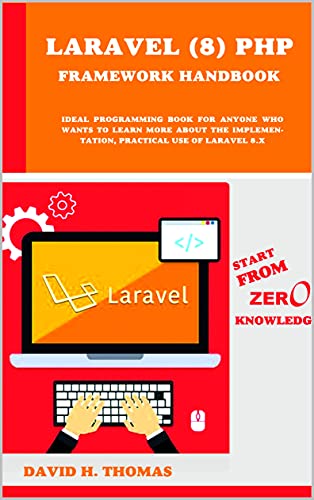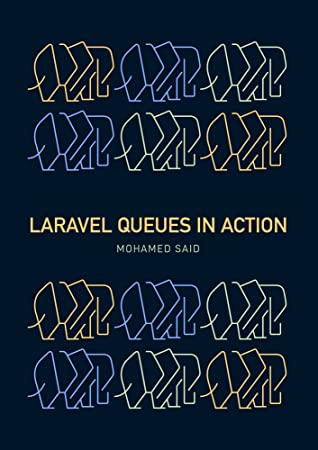Download this PDF Book: Multithreaded JavaScript: Concurrency Beyond the Event Loop 1st Edition by II Thomas Hunter, Bryan English.
The nature of JavaScript is to be single threaded. This is reflected not only in libraries and applications, but also in online forum posts, books, and online documentation.
Thanks to recent advancements in the platform—such as with web workers in the browser, worker_threads in Node.js, and the Atomics and Shared ArrayBuffer objects—JavaScript engineers are able to build multi-threaded applications.
These features will go down as being the biggest paradigm shift for the world's most popular programming language.
Multithreaded JavaScript explores the various features that JavaScript runtimes have at their disposal for implementing multithreaded programming, using a spectrum of API reference material and high level programming patterns.
Learn what multithreaded programming is and how you can benefit from it
Understand the differences between a dedicated worker, a shared worker, and a service worker
Identify when and when not to use threads in an application
Orchestrate communication between threads by leveraging the Atomics object
Understand both the gains and pitfalls of using shared memory
Benchmark performance to learn when you'll benefit from multiple threads.
Computers used to be much simpler. That’s not to say they were easy to use or write code for, but conceptually there was a lot less to work with. PCs in the 1980s typically had a single 8-bit CPU core and not a whole lot of memory.
You typically could only run a single program at one time. What we think of these days as operating systems would not even be running at the same time as the program the user was interacting with. Eventually, people wanted to run more than one program at once, and multitasking was born.
This allowed operating systems to run several programs at the same time by switching execution between them. Programs could decide when it would be an appropriate time to let another program run by yielding execution to the operating system.
This approach is called cooperative multitasking. In a cooperative multitasking environment, when a program fails to yield execution for any reason, no other program can continue executing. This interruption of other programs is not desirable, so eventually operating systems moved toward preemptive multitasking.
In this model, the operating system would determine which program would run on the CPU at which time, using its own notion of scheduling, rather than relying on the programs themselves to be the sole deciders of when to switch execu‐tion.
To this day, almost every operating system uses this approach, even on multi-core systems, because we generally have more programs running than we have CPU cores. Running multiple tasks at once is extremely useful for both programmers and users.
Before threads, a single program (that is, a single process) could not have multiple tasks running at the same time. Instead, programmers wishing to perform tasks con‐ currently would either have to split up the task into smaller chunks and schedule them inside the process or run separate tasks in separate processes and have them communicate with each other.
About the Author:
Thomas Hunter II has contributed to dozens of enterprise Node.js services and has worked for a company dedicated to securing Node.js.
He has spoken at several conferences on Node.js and JavaScript, is JSNSD/JSNAD certified, and is an organizer of NodeSchool SF. Thomas has published four books including Distributed Systems with Node.js by O'Reilly.
Bryan is an open source JavaScript and Rust programmer and enthusiast and has worked on large enterprise systems, instrumentation, and application security.
Currently he’s a Senior Open Source Software engineer at Datadog. He’s used Node.js both professionally and in personal projects since not long after its inception. He is also a Node.js core collaborator and has contributed to Node.js in many ways through several of its various Working Groups.
Contents:
1. Introduction
2. Browsers
3. Node.js
4. Shared Memory
5. Advanced Shared Memory
6. Multithreaded Patterns
7. WebAssembly
8. Analysis
About the book:
Publisher : O'Reilly Media; 1st edition (October 12, 2021)
Language : English
Pages : 214
File : PDF, 13MB
Free Download the Book: Multithreaded JavaScript: Concurrency Beyond the Event Loop 1st Edition by II Thomas Hunter, Bryan English.
PS: Share the link with your friends
If the Download link is not working, kindly drop a comment below, so we'll update the download link for you.
Happy downloading!









